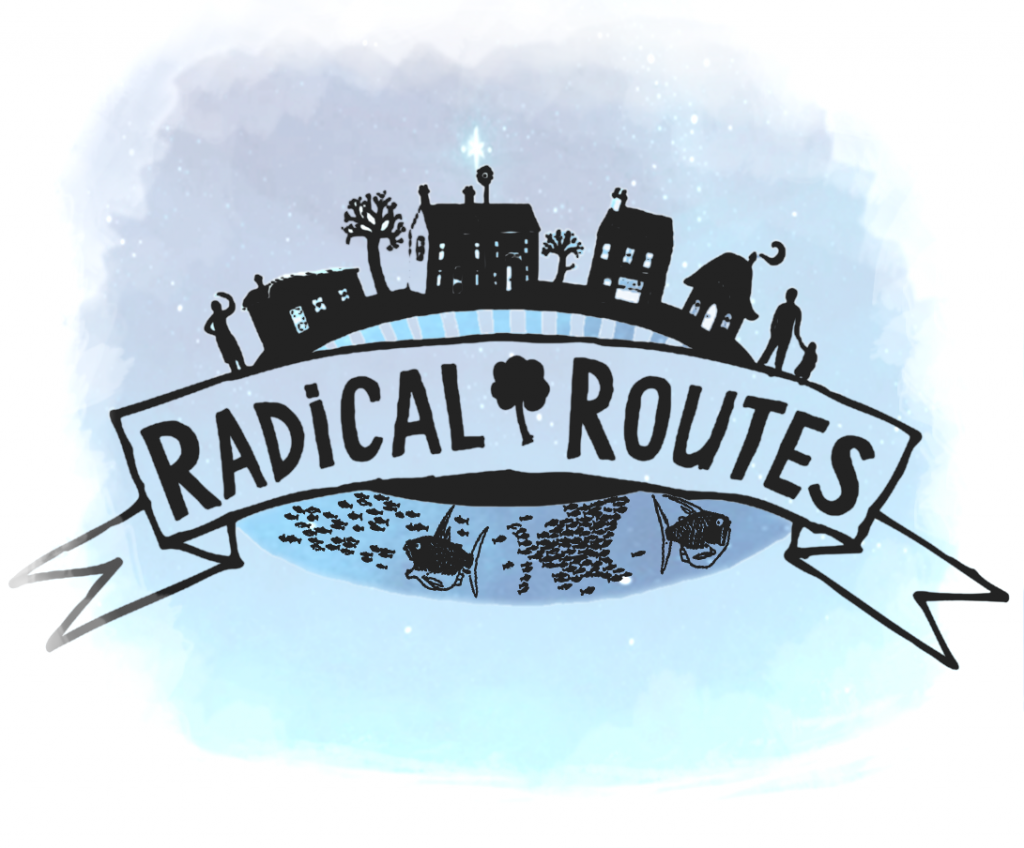Housing Co-ops
What’s a Co-op?
A co-op, or co-operative, is an association of people who have come together to meet common needs and fulfill common aspirations. Co-operatives are jointly-owned and controlled by those who join them. They can vary from a handful of consumers coming together to buy at wholesale prices, to a large business collectively-owned by thousands of workers. Whilst the exact structure varies from co-op to co-op, they all put a focus on active involvement, democratic control, and mutual support between co-operatives.
The modern co-operative movement can trace its foundations back to 1844, and a group of weavers and artisans in Rochdale. They not only formed a consumer co-operative to buy things they could otherwise not afford, but also laid down a set of general principles to guide all co-operatives. Within a decade, hundreds of societies had formed across England, based upon these guidelines. Today a refined version of their principles are used by thousands of organisations across the world.
What’s a Housing Co-operative?
A housing co-operative is a way of creating a place to live using the co-operative principles of autonomy, democracy, equality, equity and solidarity. They focus on creating and sustaining homes that meet the needs of people. rather than that of property speculators and private profit.
All housing co-operatives operate on the idea that society is better off when more of its homes are communally-owned, with the residents responsible for making the decisions on how they are run. Whilst 10% of people on continental Europe live in some kind of co-operative, in the UK the figure is less than 0.2% – something we aim to improve!

Is that everything?
No! There are lots of ways a housing co-operative can be run. By having our legal structure based on the one drawn up by the Catalyst Collective, and by joining Radical Routes, Anarres is committed to being a very specific form of co-operative:
- We are fully mutual, which means all of our tenants are members, with an equal say, and all of our members must be tenants
- Our co-operative assets can only ever be held in common, or reinvested in other similar co-operatives
- Our rules on common ownership are ‘locked in place,’ to prevent anyone from using the co-operative for personal profit
- Similarly, the shares that each member buys one of can only be ever valued or sold at £1. This means that membership will be on the basis of need and principle, rather than on how much money someone can pay
- We must continue to actively work towards positive social change, as both individuals and a co-operative.
